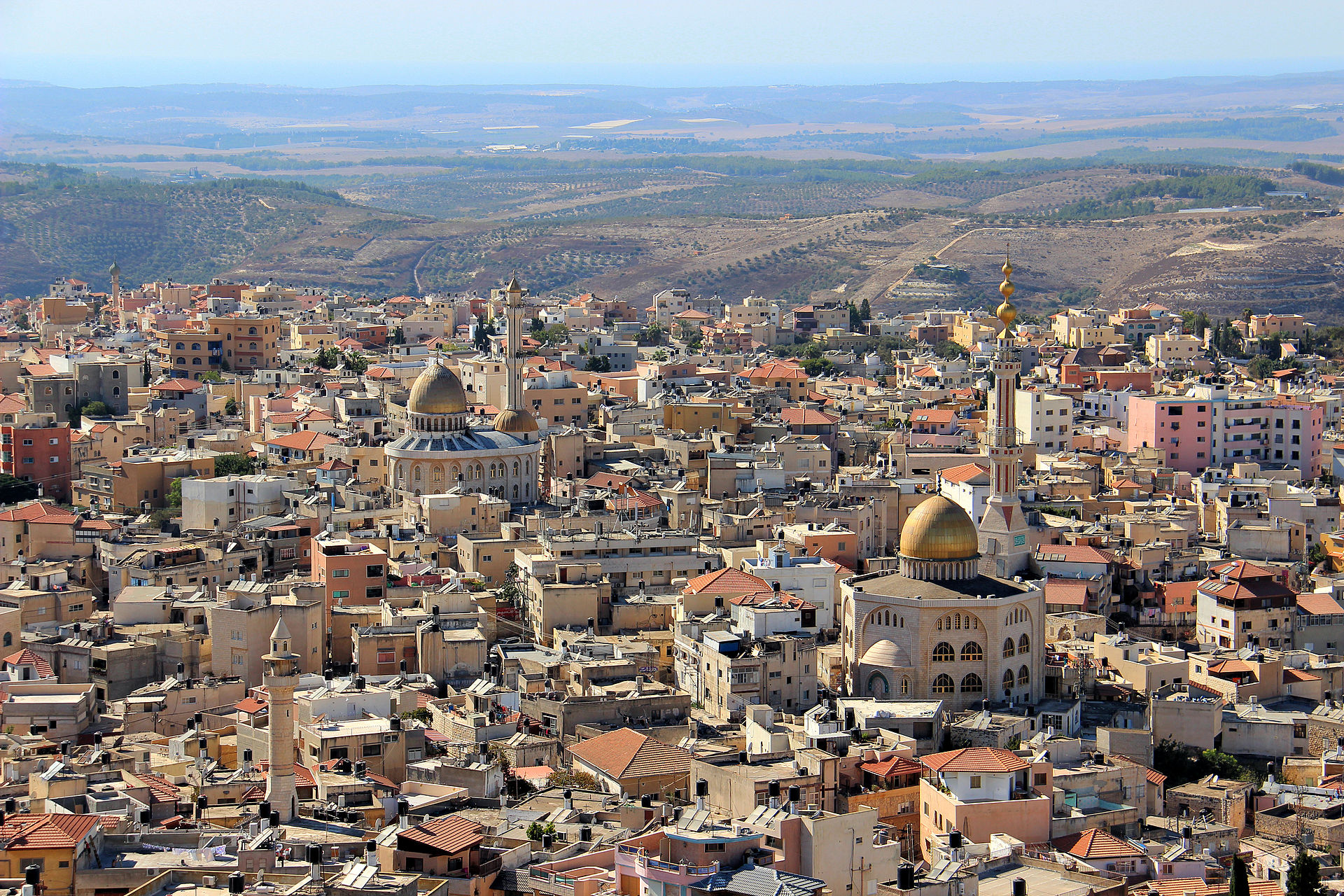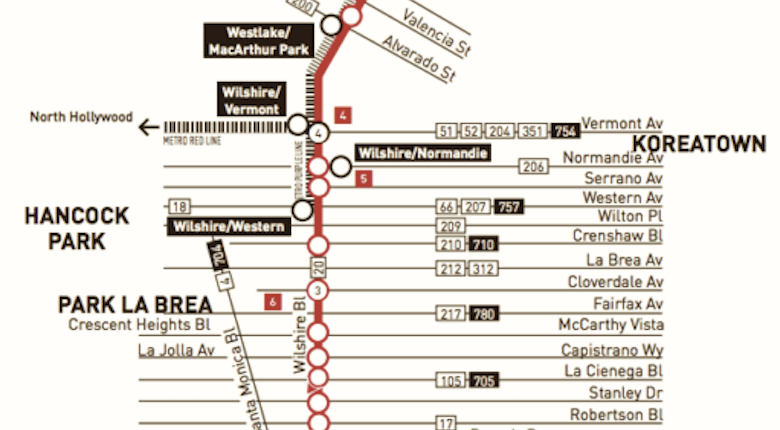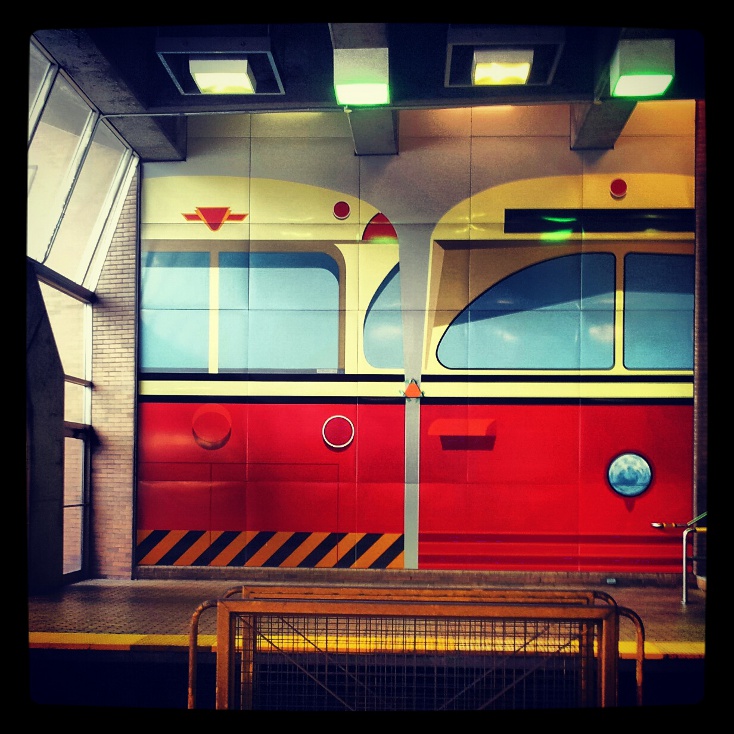by Azisa Todd
Published on January 7, 2020
Dearest Oakland,
I have a particularly strained relationship with your heart: International Boulevard. Your streets are not what they used to be five years ago when skipping class for a quick fix of cheap tacos came with a critical lesson in ethnic studies. The drive to the taco truck on 21st and International, a place I consider a second home, is no longer the same.
This is a new drive—three years in the making—which my friends and I have yet to master. That cruise around Lake Merritt and left turn at the second light on International Boulevard is thick with memories. We embed them deep within the cracked cement roads, hoping they are protected while awaiting our return. We also play a silly game of “count the potholes” to determine how many tacos we can buy and split between our hungry stomachs. The number game is rising from 3, 4, 5… I can now only stomach two before I am sick with nausea. My gut is filled with relentless frustration because your potholes remain neglected and instead, freshly painted homes are filled with porcelain faces unfazed by the traditions of my travel.

International Boulevard, a glamorized name for East 14th, is changing rapidly. Maybe it has to do with the opening of your heart to diversity masked as gentrification.
Or maybe it is the other way around.
Gentrification is masked as distorted diversity for those who can afford to be the minority and surround themselves with the majority who have always existed within the margins.
Marginalized people are pushed further outside the periphery as hopes to fill vacant apartments with full pocketbooks become the norm. Oakland, your heart is the gateway to a tourist’s paradise—a tourist who is fixated at the thought of going from India to El Salvador without having to purchase a plane ticket. You want people to see International Boulevard for how it is named: a continental runway.
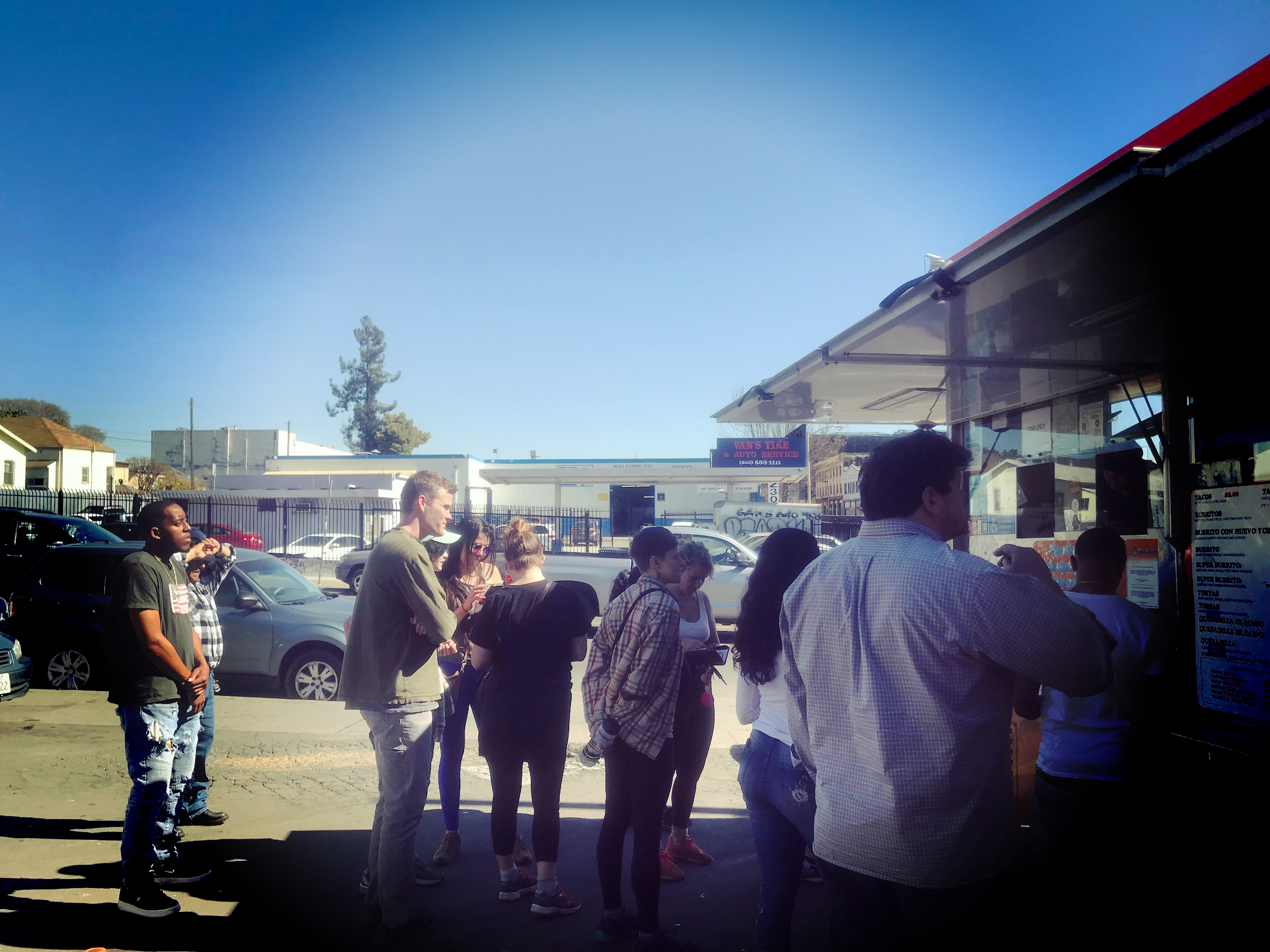
But Oakland, what if I expressed that there is a blurred line when aligning diversity with gentrification? A critical understanding of gentrification reveals the false advertisement of diversity that is travel porn, a path of displacement and destruction. Communities of color are being exploited for their culture and currency. The Black and Brown folks that call this street home have always been here, long before the language and politics staked claim over this public space as worthy. When you allow outsiders to prove International is not a lower grade ethnic enclave but a perfect cross between poverty and cultural “homogeneity,” doors open for re-colonization. Billboards vie for the attention of outsiders to stake their claims on the “from the Town” label.
When taking the 20-minute drive, I glaze over that blurred line, resurfacing at every green light, while the tourist gaze lays desirable eyes over the so-called melting pot of Oakland. I have learned to despise the words, “melting pot,” because it assumes that we are all one culture, indistinguishable from one another. But who has the power to assume we are one, and who gets to take the first sip of the pot? Gentrification exploits these differences and reclaims it as diversity because that which is different is appealing and therefore easy to capitalize off of. Yet, everyone who lives on International has a different story, a different journey, distinguishable from my own, which asserts how they navigate Oakland. People and places change, but it should be done naturally and not with the intentions of exploitative dislocation. Public spaces remain a location for surveillance by officials upon which to assert their decisions from the dinner table as opposed to taking the drive. International Boulevard is the epicenter of this surveillance, with Taco Sinaloa being one of many public spaces for diversity rhetoric to manifest under hungry eyes.
I doubt that I will ever come to a satisfying resolution about my feelings towards gentrification because there are multiple means of exploring its implications. I have tried long and hard to deny these drastic changes to your streets because they are forced.
Diversity is forced.
My community is being exploited and I am working to acknowledge that it is a privilege to see it in full force. The drive I take to your heart is one of many paths illuminating the complex dilemma of diversity and gentrification.
Oakland, I am writing this letter asking for you to change your understanding of diversity. The same way the yt man in front of me speaks in broken Spanglish to leave off the cilantro and onions on his plate. He says it leaves a taste too ethnic, too real for him to swallow. Like we’ve been swallowing down fears of our public space being too black or too brown to be seen. As if that sprinkle of ethnicity is just a bit too much for the hungry eyes of gentrification to get its quick fix, but not willing to stomach all that comes with living on International. Cilantro. Rent increases, surveillance, police brutality, gun violence.
So Oakland, I ask you: who takes care of your heart and who makes sure the belly is full? Think about my drive to your heart with fond memories, counting pothole after pothole as we pass by freshly painted homes. We chase horchata with gurgling laughter out of fear this may be the last time we recognize this changing Oakland as home.
Sincerely,
Azisa
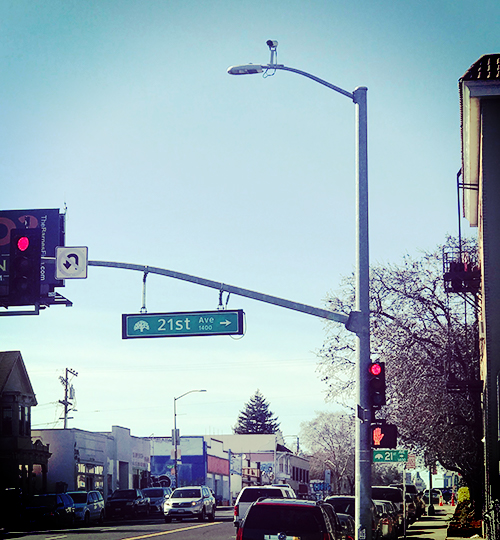
Works Cited
- Aptekar, Sofya. 2015.”Visions of Public Space: Reproducing and Resisting Social Hierarchies in a Community Garden.” Sociological Forum 30(1): 209-27.
- Fraser C., James. 2004. “Beyond Gentrification: Mobilizing Communities and Claiming Space.” Urban Geography 25(5): 437-457.
- BondGraham, Darwin. 2019. “Gentrification Changed the Names of Oakland Neighborhoods.” East Bay Express, September 19, 2018.
- Digital Scholarship Lab, University of Richmond. 2016. Mapping Inequality: Redlining in New Deal America. “Oakland.“
***
 Azisa Todd, who also goes by Zi, is a third year Gender studies major and Public Health minor. Zi was born and raised in Oakland, specifically the area near Lakeshore. Azisa is an avid lover of community organizing and arts, but found it difficult to see a career made out of it. However, since being at UCLA, Zi has re-established that love through the communities they serve. From being on The Word on Wednesday to co-chair for BlaQue, Azisa is working to curate more spaces that allow social justice and the arts to thrive.
Azisa Todd, who also goes by Zi, is a third year Gender studies major and Public Health minor. Zi was born and raised in Oakland, specifically the area near Lakeshore. Azisa is an avid lover of community organizing and arts, but found it difficult to see a career made out of it. However, since being at UCLA, Zi has re-established that love through the communities they serve. From being on The Word on Wednesday to co-chair for BlaQue, Azisa is working to curate more spaces that allow social justice and the arts to thrive.
